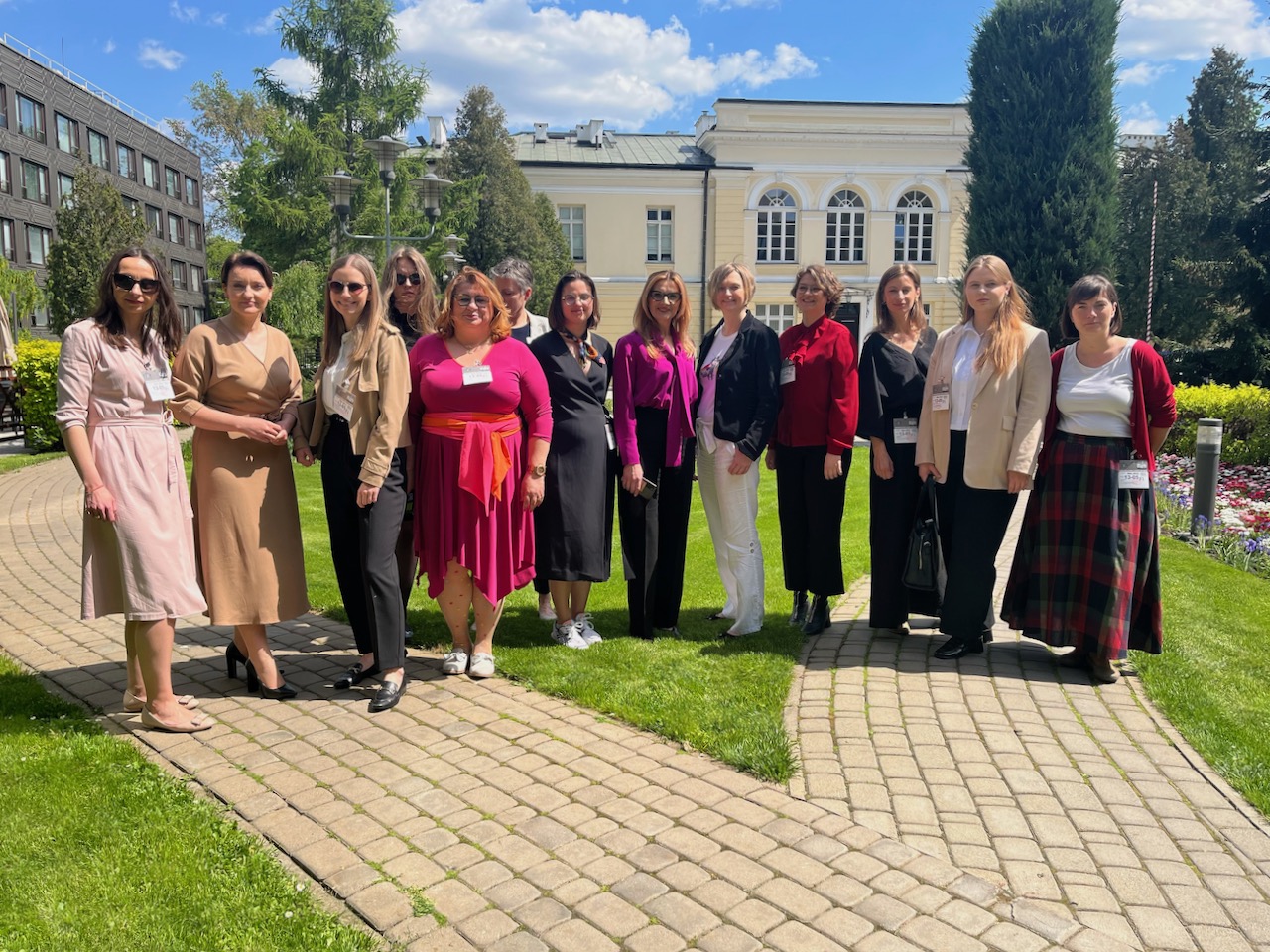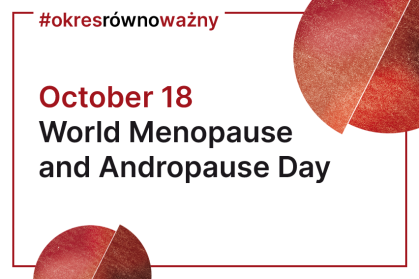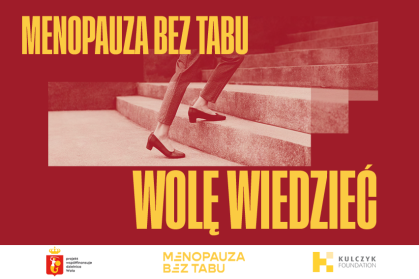- We see a great need for legal regulations in access to menstrual supplies, especially now in the time of the refugee crisis when in reception centers women only have access to a bed and one toilet for several hundred people - said Urszula Okoń from the Polish Red Cross.
As they argued - it is estimated that about 0.5 billion women and girls (out of almost 2 billion who are menstruating now) cannot fully take care of their menstrual hygiene.
A resolution of the European Parliament last June indicates that menstrual poverty (i.e. limited access to sanitation) affects approximately one in ten women in Europe.
The Kulczyk Foundation report shows that as many as every fifth Polish woman did not have the funds to buy adequate menstrual supplies. 39% of Polish women from poor households had to give up the purchase of hygiene products for other household expenses.
- At the moment, in Polish schools, girls and children do not have a chance to learn anything about menstruation. Knowledge about menstruation comes down to one sentence when discussing the reproductive system - emphasized Ewa Pietruszczak from Moonka.
However, an increasing number of countries in the world notice the problem of poverty and menstrual exclusion and implement solutions that are to systematically prevent the emergence of the problem and counter its effects.
• 15% of UK girls find it difficult to buy menstrual products. Almost half of the respondents admitted that they skipped classes at school due to menstruation. In January 2020, the United Kingdom introduced free menstrual products in all schools and colleges to enable menstruating people to access education and reduce the stigma around menstruation.
• 1 in 3 female students in France cannot afford to buy menstrual articles. In February 2021, the French Ministry of Education announced free access to menstrual hygiene products for all menstrual students who study in France. The articles are available in special dispensers from September 2021.
• 26% of learners in Scotland had difficulty accessing hygiene products. In 2018, the Scottish Government announced free access to menstrual products at all schools and universities, and in 2020 a law was passed to provide free access to menstrual care products for all those who need them.
• Programs to combat menstrual poverty have also been undertaken by, inter alia, USA, Canada, South Korea and New Zealand, but also developing countries like Kenya and Botswana. In Poland, we are dealing only with bottom-up initiatives, implemented by local governments, non-governmental organizations and experts.
- We are here to ask our country for help, in everything that we have been trying to do so far as non-governmental organizations, on our own. Let's try to fight for a law that would help us function in our reality, argued Magdalena Schejbal from Różowa Skrzyneczka.
Due to the absence of government representatives at the subcommittee's meeting, another discussion on menstrual health and hygiene will soon be held in the Senate.





